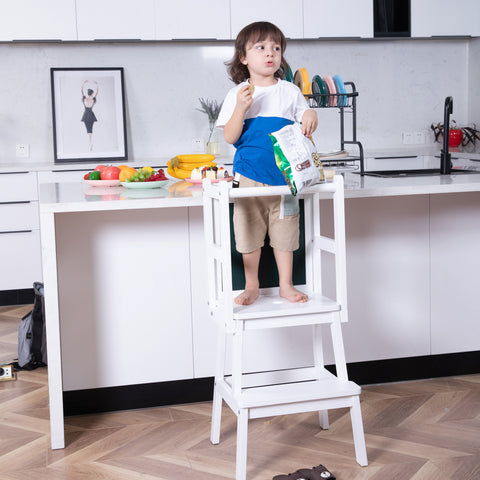Whether it is physical or psychological independence, it is an integral part of independent education and plays a vital role in a child's life.
Independent education allows children to move freely, behave positively, and have free personality
Independent education enables children to achieve their goals as much as possible, satisfy their own desires, and feel that they are a "useful" person
When children were two and a half years old, the most common saying was "I'll do it myself!" You have to do it yourself when you wear shoes, you have to clean the table, and you have to press the elevator button. If you do it for him, his mouth will be pouted like a soy sauce bottle, and he will be angry for a long time because he feels "deprived" of his desire to do it himself.
These simple little things satisfy the child's desire to do it by himself. Even if what he did may not be very good, he tried every means to imitate us and live and work like an adult.
Having talked about the benefits of so many children’s independence, how do we cultivate children’s independence at home?
Simply put, in a family environment, the living room, bedroom, bathroom, balcony and even the kitchen can help children gain independence. A useful tool for cultivating such an ability is to give children a learning tower or a step stool. Or a toddler chair.

A stable small step stool helps the child to stand up and wash his hands independently;

A toddler chair allows the child to sit and play, and he will become more independent;

A children’s learning tower to satisfy children’s curiosity about the kitchen.